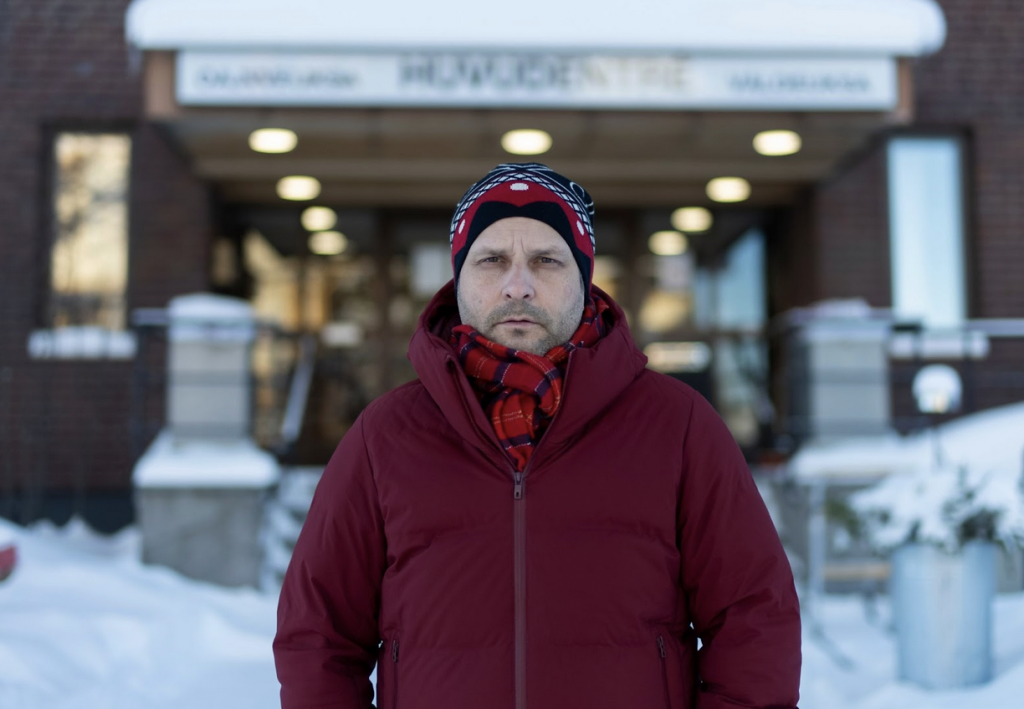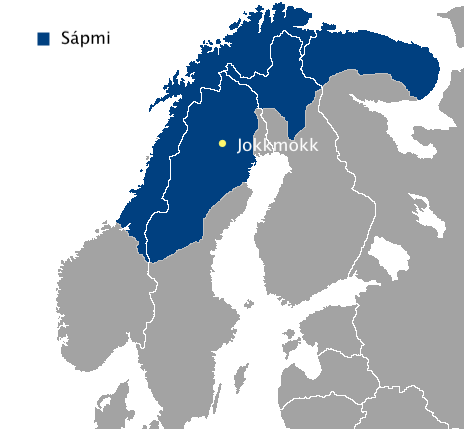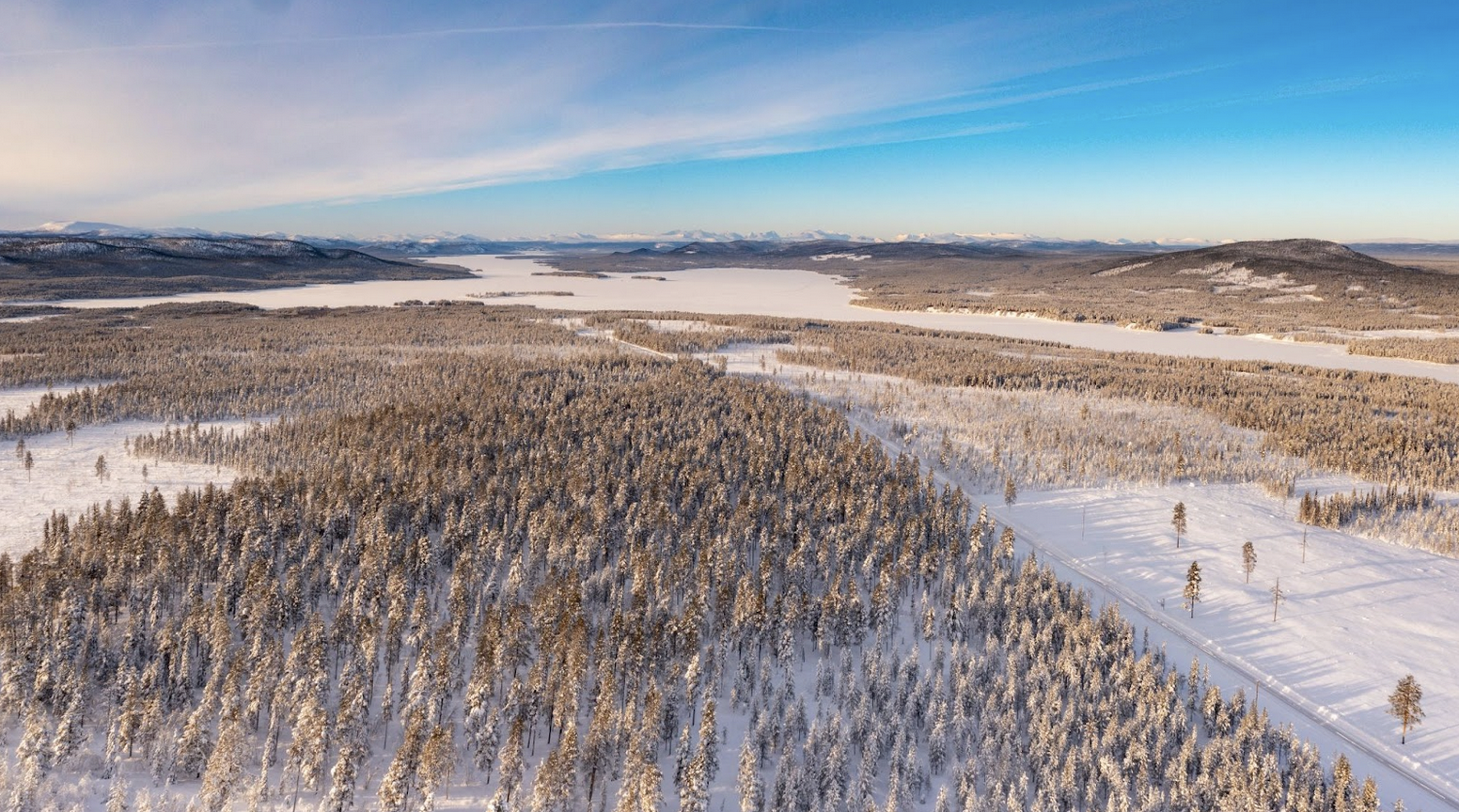“Let’s put it straight: they stole our land.” A 43-year Sámi politician from the Swedish Green Party, Henrik Blind carved out an hour from his busy Monday morning to talk about neocolonialism in Sápmi – the region traditionally inhabited by the only Indigenous people in Europe, the Sámi. It stretches across Norway, Sweden, Finland, and Russia.
The Sámi have been using the vast areas in the north of Fennoscandia for fishing, hunting and reindeer husbandry – the essential part of their identity – since time immemorial. After the emergence of the Swedish state in the Middle Ages they were paying taxes for the land they owned.
The situation changed in 1673 when the Swedish crown issued a decree encouraging farmers to settle in the north of the country, which was perceived as uninhabited wilderness. From then on, the Sami gradually lost their land rights.

“Politicians still call Sápmi vildmark – the wilderness. The term is also used within the tourism industry. Therefore, people got used to referring to our land as such, rather than as a cultural landscape,” explains May-Britt Öhman, Sámi researcher at the Center for Multidisciplinary Studies on Racism at Uppsala University. “These convictions are the result of biological racism from the early 20th century that claimed that the Sámi were too primitive to take care of their own landscape. Hence the idea that the land should be used by those who know how to manage it in the best way.”
These beliefs are still alive. The colonisation of the north continues, say the Sámi people and their allies. It has just taken a different shade - green. “Swedish and foreign companies are doing the same as Swedish authorities in the past: they grab land under the guise of the "green shift", or energy transition. But the logic remains the same! The north is wild, no one lives here, so you can easily plan new projects," says Blind. In recent years he has been fighting against the opening of an open-pit iron mine in Kallak region, 40 km from Jokkmokk, where he lives and works. The Swedish government gave the green light to British company Beowulf Mining on 22 March, despite protests.
The lost land rights of Sámi remain a hotly debated topic in Sweden. The Truth Commission, which started investigating abuses committed by the Swedish state against the indigenous population in November last year [2021], will also deal with this issue.
The rich "deserted” north
The north of Sweden is rich in the so-called critical raw materials, vital for the energy transition. Rare earth metals, lithium, cobalt, nickel, and graphite are needed to produce batteries (especially for electric vehicles) and wind turbines. “Undeveloped land” and funding from the European Green Deal are luring “green industrial megaprojects” such as a lithium-ion battery gigafactory in Skellefteå, wrote Richard Orange last November for the Guardian. This British journalist living in Sweden compares the current race for critical minerals with Dubai or the Klondike gold rush in the 19th century.

Despite significant protests against new mining projects – for instance in Nunasvaara, where the world’s most high-grade graphite resource has been found – Sweden is sticking to the plan: it is trying to switch completely to renewable energy by 2045 to become the world's first fossil-free welfare state. In 2015 the government launched Fossile-free Sweden, an initiative which “works to identify obstacles and opportunities to accelerate development” and prepares political proposals to the…












